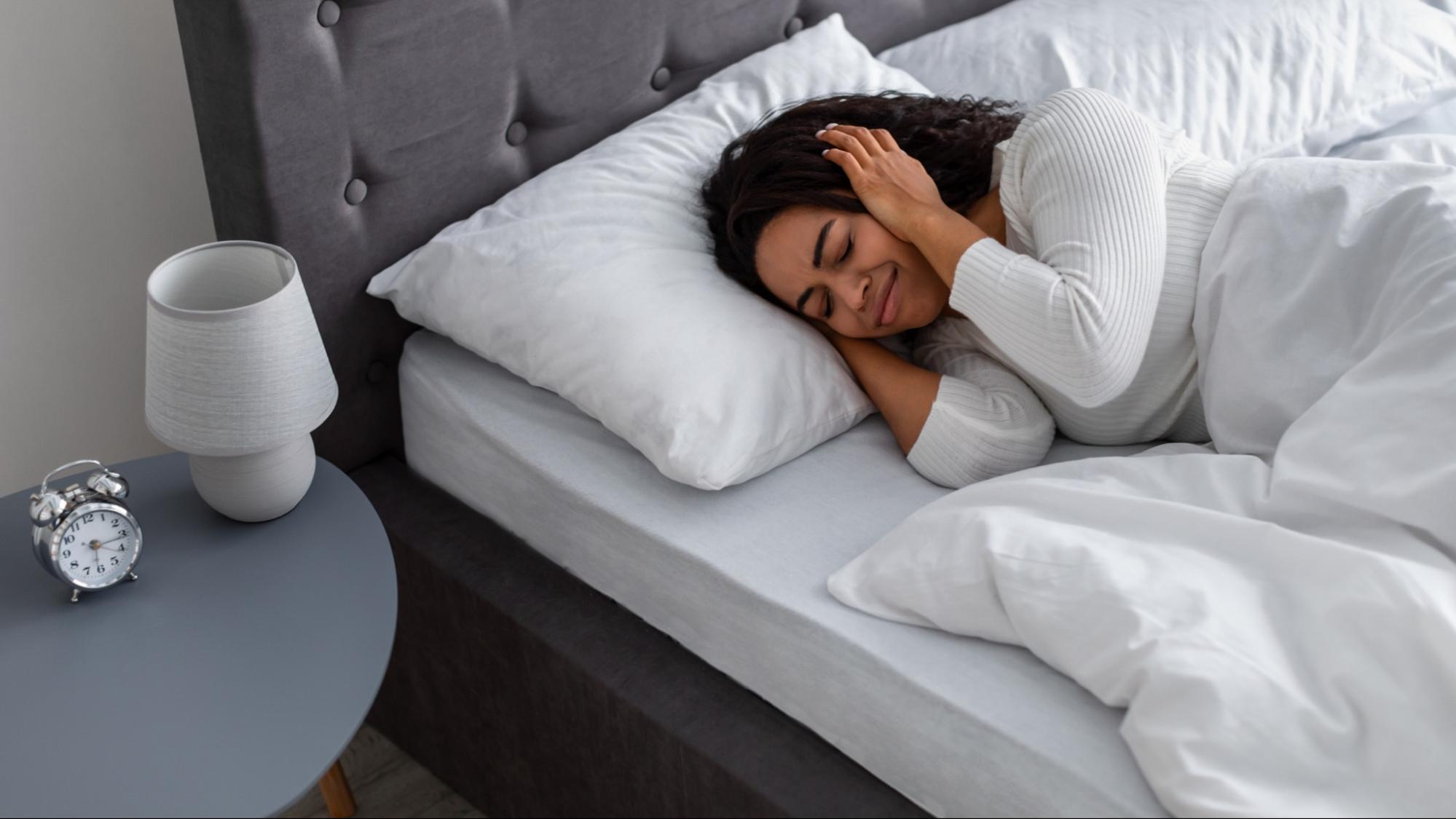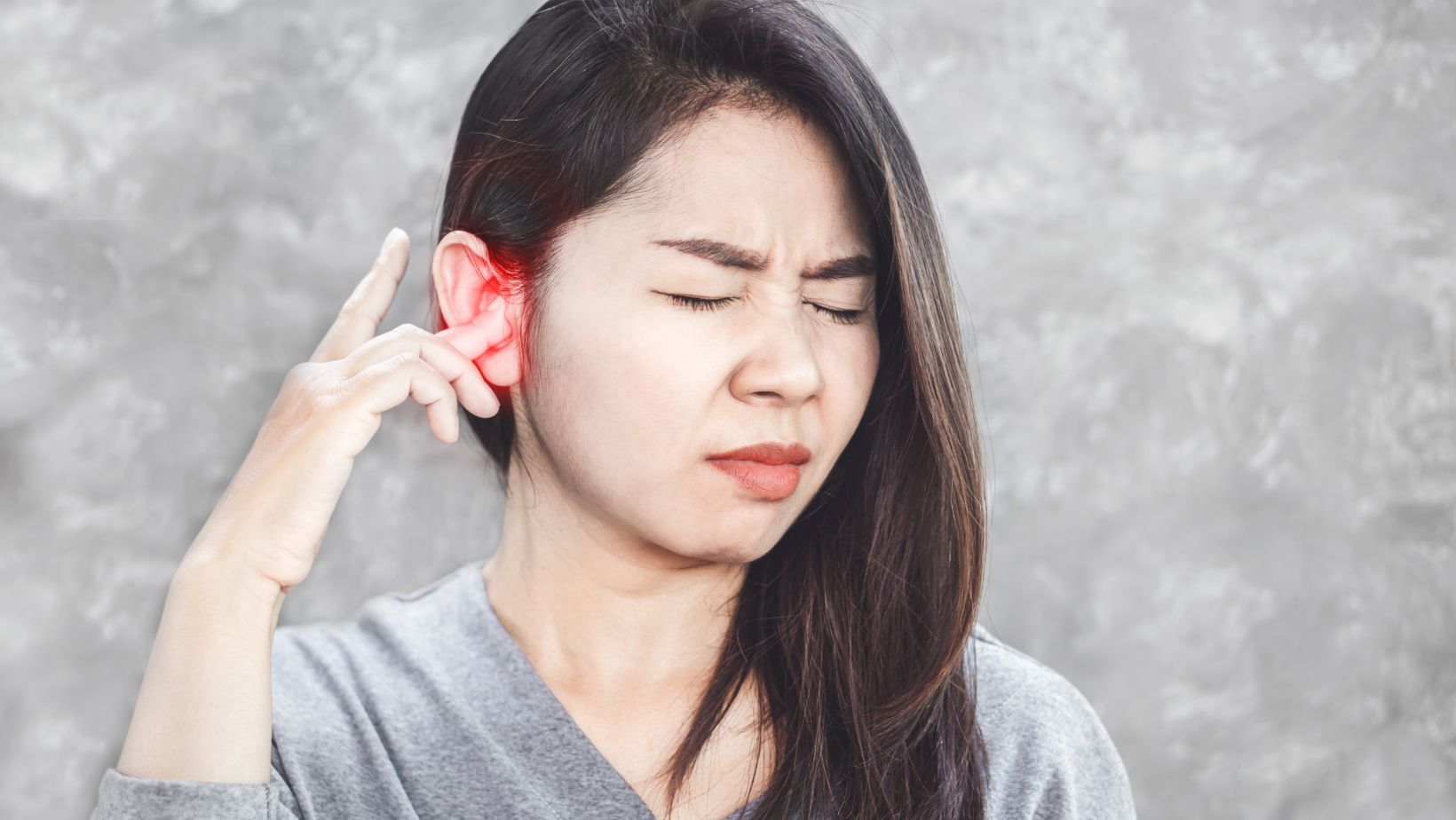
It is a familiar scenario for many individuals living with tinnitus: the daytime’s distractions and ambient noise somewhat mask the condition’s presence, only for it to roar into focus when one seeks the tranquillity of their bed. This perplexing increase in volume can cause significant distress, turning what should be a haven of rest into a stage for an unwelcome symphony of sounds. The stillness of the bedroom environment can inadvertently spotlight tinnitus, giving those internal sounds a stage they never have during the bustling hours of daylight. It is akin to the way stars become visible only when the sun sets – the lack of competing audio allows tinnitus to emerge more prominently, much to the dismay of sufferers like Simon, who seek the solace of silence but find a cacophony instead.
Furthermore, the horizontal position assumed during rest can itself trigger physiological changes within the ear and brain that exacerbate the perception of tinnitus. Blood flow dynamics alter, and the absence of verticality can affect inner ear pressure, while the brain, shifting gears for sleep, might tune into the tinnitus more keenly as other stimuli wane. Oto’s digital tinnitus program acknowledges these unique nighttime challenges, offering tailored tools that work to harmonize the internal chaos. By utilizing strategies rooted in Cognitive Behavioural Therapy (CBT), the program serves as a beacon of hope, guiding individuals through the shadow of nighttime tinnitus towards a dawn of understanding and control, equipping them with the means to reclaim the peace that eludes them in the quietest hours.
Why Does Your Tinnitus Worsen When You Lay Down
The phenomenon of tinnitus worsening when you lie down is multi-dimensional, with several contributing factors.
The Silence Amplifies Tinnitus
The transition to silence when one lies down can be surprisingly disquieting for a person with tinnitus. Throughout the day, the brain is inundated with a multitude of auditory stimuli. This constant influx of sound serves to partially drown out the internal sounds of tinnitus, making them less noticeable. However, at night, in the still environment of a bedroom, the contrast is stark. The ears, searching for sound, become more sensitive, and the brain, no longer occupied with processing external noises, may amplify the internal ones. The once-muted whistles and hums can now become a symphony of unwanted noise. The very silence that is meant to be peaceful and restful thus becomes a canvas on which the tinnitus is unwillingly painted in broad strokes, with each individual experiencing a heightened perception of their symptoms.
Stress and Focus
The psychological aspects of tinnitus can be as debilitating as the auditory experience. Stress can exacerbate the perception of tinnitus, creating a frustrating feedback loop. During the day, the mind has myriad tasks to occupy its attention; worries about tinnitus must compete with the demands of daily life. However, when one lies down, the day’s distractions fall away, and the mind may focus on the tinnitus with little else to divert its attention.

This hyper-focus can intensify the perception of tinnitus, making the ringing or buzzing seem louder and more relentless. The attempt to relax and the need to sleep can itself become a source of stress, especially if tinnitus frequently disrupts these processes. As a result, this nocturnal stress can also lead to muscle tension, especially around the head and neck, potentially contributing further to the sensation of tinnitus.
Physiological Changes
The act of lying down can provoke several physiological changes that can affect tinnitus. For one, there is a change in cerebral blood flow as the body moves into a horizontal position; this can affect the inner ear and auditory cortex, potentially making tinnitus more noticeable. In addition, lying down can alter the pressure in the ear canal and the fluid dynamics within the inner ear, which might lead to a change in the intensity or frequency of tinnitus symptoms. For those with temporomandibular joint (TMJ) issues, the pressure of a pillow against the jaw can exacerbate these joint problems, which can, in turn, intensify tinnitus. Similarly, if someone has eustachian tube dysfunction or sinus congestion, the act of lying down can increase the pressure in the head and ears, leading to a more pronounced perception of tinnitus. These physiological factors underscore the complexity of tinnitus and how body position can directly influence the severity of its symptoms.
Oto’s Support System
In facing the challenges brought on by tinnitus, particularly in the stillness of night, having a reliable support system is invaluable. Oto’s digital tinnitus program becomes this support, offering a reprieve through a carefully designed suite of features. The program understands that nighttime can transform tinnitus into a more formidable foe, and it responds with an array of expert-crafted content. From sleep aids that create a soothing audio environment to focus-enhancing sounds that divert attention away from tinnitus, the app equips users with tools to counter the silence that amplifies tinnitus. Moreover, Oto provides an avenue for stress management through CBT techniques, helping to break the cycle of stress and focus that intensifies tinnitus symptoms. With their understanding of the physiological nuances of tinnitus, the app also offers strategies to adapt your sleeping environment and habits, potentially easing the physiological changes that occur when lying down.
In every aspect, from the silent amplification to stress-related focus and the physiological shifts experienced when reclining, Oto’s digital program stands as a beacon of innovation and solace. Its user-friendly interface and immediate accessibility make it an invaluable nighttime companion for those seeking to reclaim the tranquillity of their evenings from the clutches of tinnitus.
The Bottom Line
In wrapping up, it is clear that the aggravation of tinnitus symptoms upon reclining is not merely a product of the surrounding quiet but a multifaceted issue where psychological and physical elements intertwine. When the external noise that usually masks tinnitus dissipates, the brain’s search for auditory input can amplify internal sounds. On top of that, changes in body posture can affect ear and brain physiology, further intensifying tinnitus perceptions. Recognizing and acknowledging these triggers are instrumental in the journey toward effective management. This is where platforms like Oto step in with their pioneering approach, offering those affected by tinnitus a digital sanctuary. Their program is designed not only to educate but also to provide comfort through specifically crafted soundscapes and relaxation techniques, all informed by the principles of Cognitive Behavioral Therapy.

For individuals like Simon, who confront the peak of their tinnitus at night, Oto’s services represent more than just an app – they are a companion through the darkness. The holistic strategy adopted by Oto aims not only to alleviate the immediate distress caused by heightened tinnitus at night but also to equip users with long-term skills for managing their condition. This dual approach ensures that nights become less about battling a relentless auditory onslaught and more about embracing an opportunity for rest and rejuvenation. With its expertly curated content, personal support, and immediate accessibility, Oto provides a real chance for sufferers to achieve a more peaceful state of mind and a consequent improvement in overall well-being.























